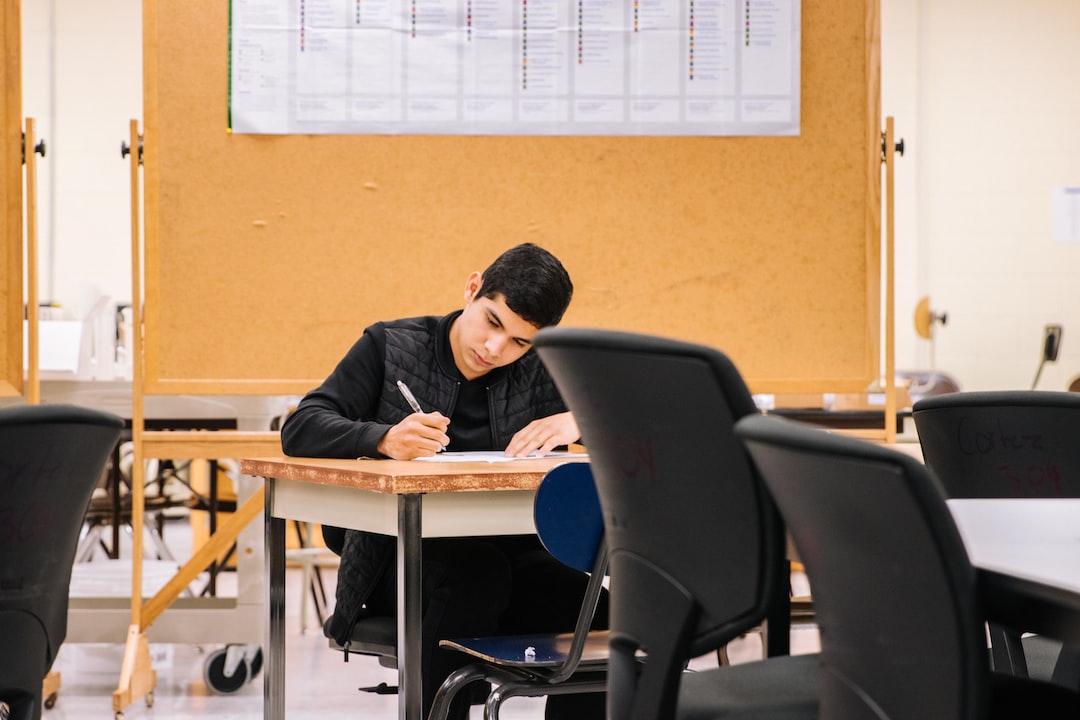The Benefits of Arts Education in Schools
In recent years, there has been a growing trend towards emphasizing the importance of STEM subjects (Science, Technology, Engineering, and Mathematics) in schools. While these subjects are undoubtedly crucial to preparing students for the modern workforce, it is important not to overlook the significant benefits of arts education in schools. Arts education plays a vital role in fostering creativity, enhancing critical thinking skills, and promoting emotional well-being among students.
One of the key benefits of arts education is its ability to foster creativity. Artistic expression allows students to tap into their imagination and think outside the box. Students engaged in arts education often develop innovative problem-solving skills as they explore different mediums and techniques, encouraging original thinking and divergent thought processes. By encouraging creativity, schools not only prepare students for a future that demands innovation but also help nurture their individuality and self-expression.
Beyond creativity, arts education also greatly enhances critical thinking skills among students. Engaging with various art forms requires students to analyze, interpret, and evaluate artistic works. Whether it is analyzing the symbolism in a painting or interpreting the emotions conveyed in a piece of music, arts education encourages students to think critically and make connections between different concepts. This ability to think critically and make informed judgments extends beyond the arts and can be applied to various academic disciplines and real-life situations.
Furthermore, arts education has a significant impact on emotional well-being. The arts provide students with a platform to explore and express their emotions in a safe and constructive way. Through visual arts, music, dance, and drama, students are encouraged to explore their feelings and communicate their experiences. Engaging in arts activities has been shown to reduce stress, anxiety, and depression among students, promoting a positive mental state. Additionally, arts education fosters empathy and understanding as students learn to appreciate different perspectives, cultures, and experiences through artistic expression.
Arts education also plays a key role in developing crucial life skills. Working collaboratively on artistic projects teaches students important teamwork and communication skills. Engaging in creative endeavors often requires students to collaborate, share ideas, and solve problems together. This collaborative experience encourages effective communication, active listening, and the ability to work effectively as part of a team. These valuable skills are essential for success not only in school but also in future careers and personal relationships.
Moreover, arts education has been shown to improve academic performance. Studies have consistently shown a positive correlation between arts education and improved academic outcomes. Engaging in art activities stimulates the brain and enhances cognitive development. Research has found that students who participate in arts-related programs consistently display higher levels of academic achievement, increased standardized test scores, and higher graduation rates. Additionally, arts education has been found to contribute to students’ overall school engagement, attendance, and positive attitudes towards learning.
In conclusion, arts education plays a vital role in schools and offers numerous benefits to students. It fosters creativity, enhances critical thinking skills, promotes emotional well-being, develops life skills, and improves academic performance. As we strive to create a well-rounded education system that prepares students for the challenges of the future, it is crucial to recognize and invest in the importance of arts education. By doing so, we can ensure that students develop into well-rounded individuals who are equipped with the necessary skills and attributes to succeed in all areas of life.
